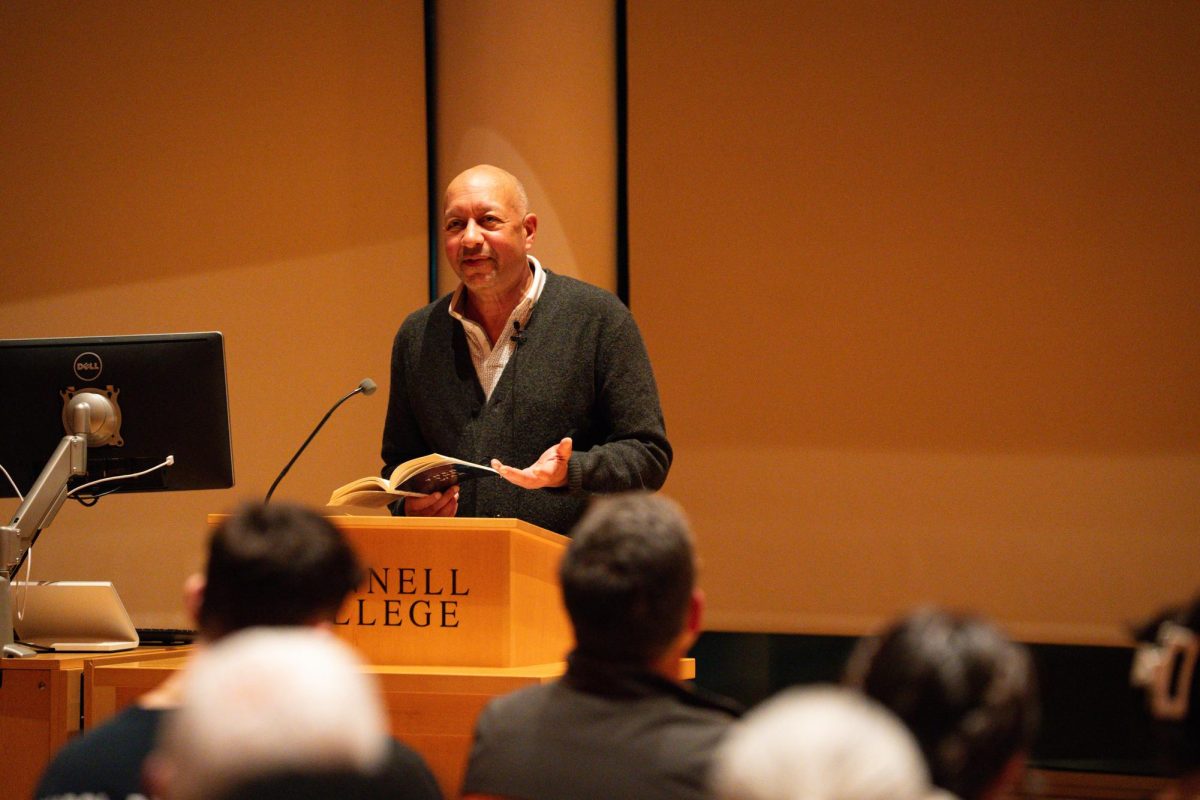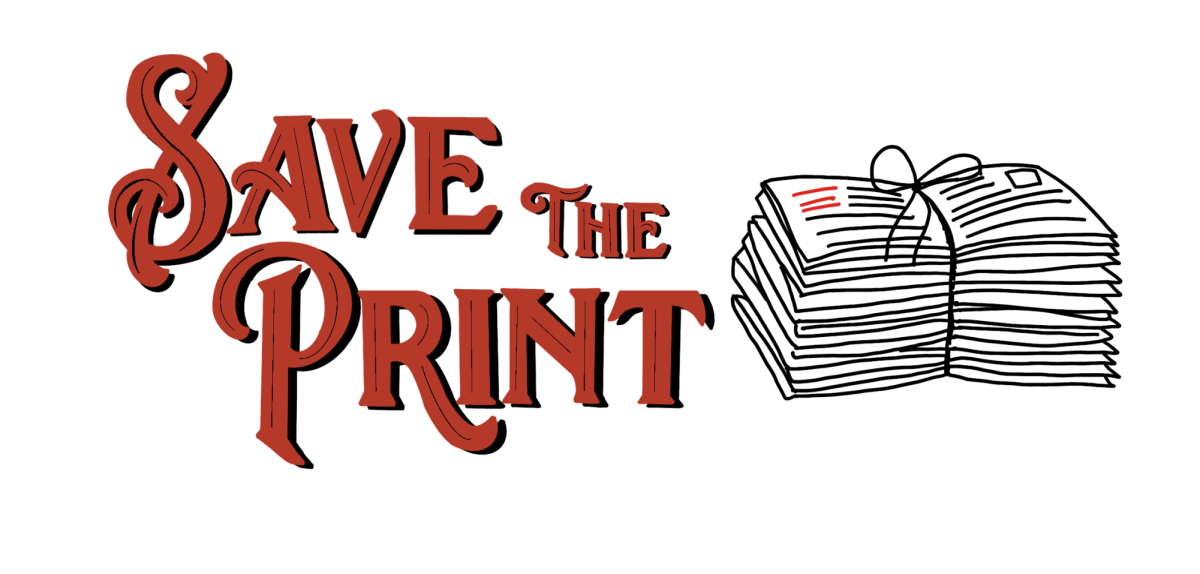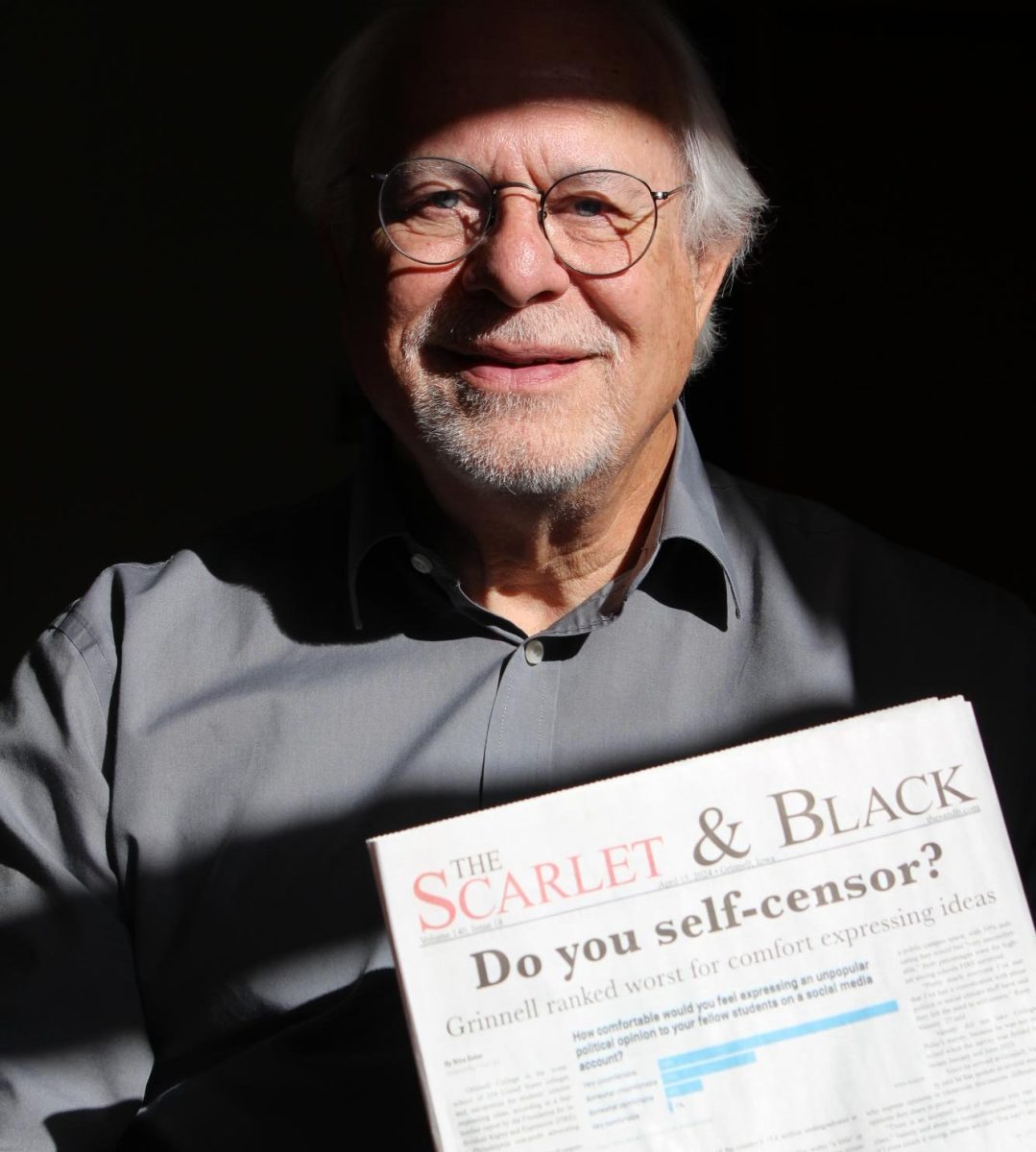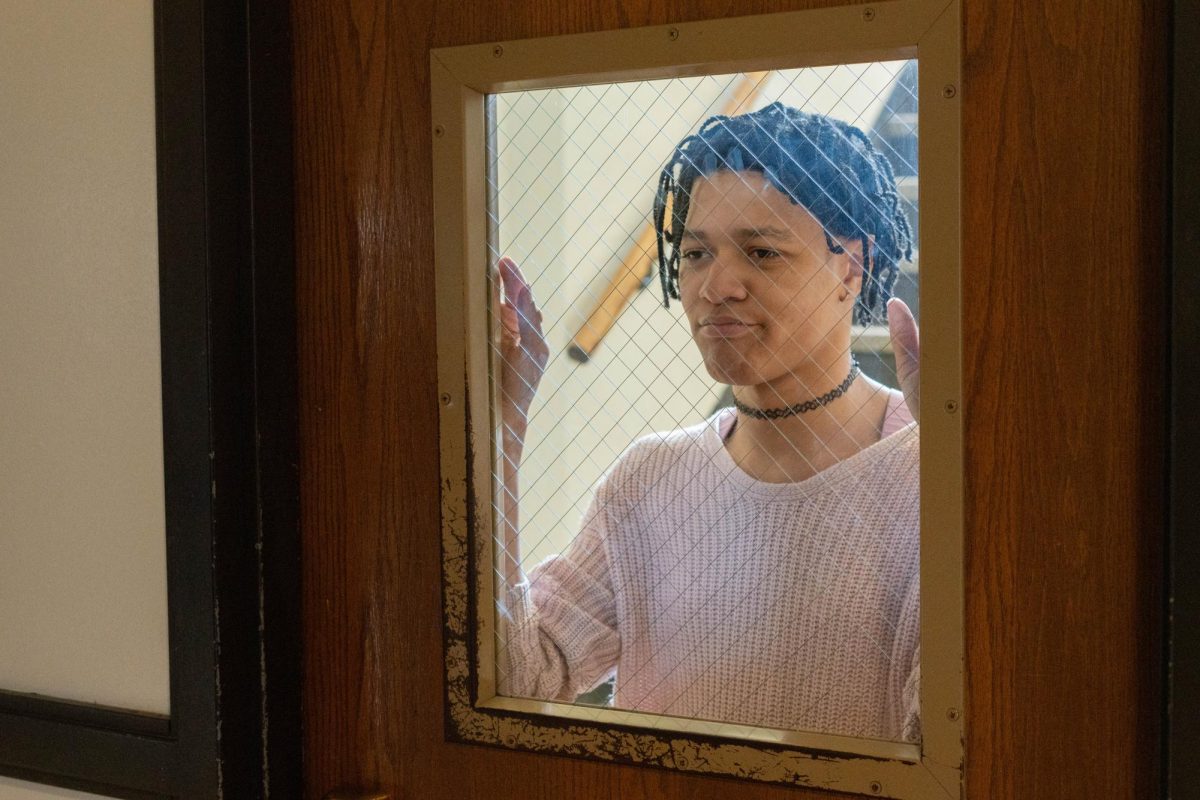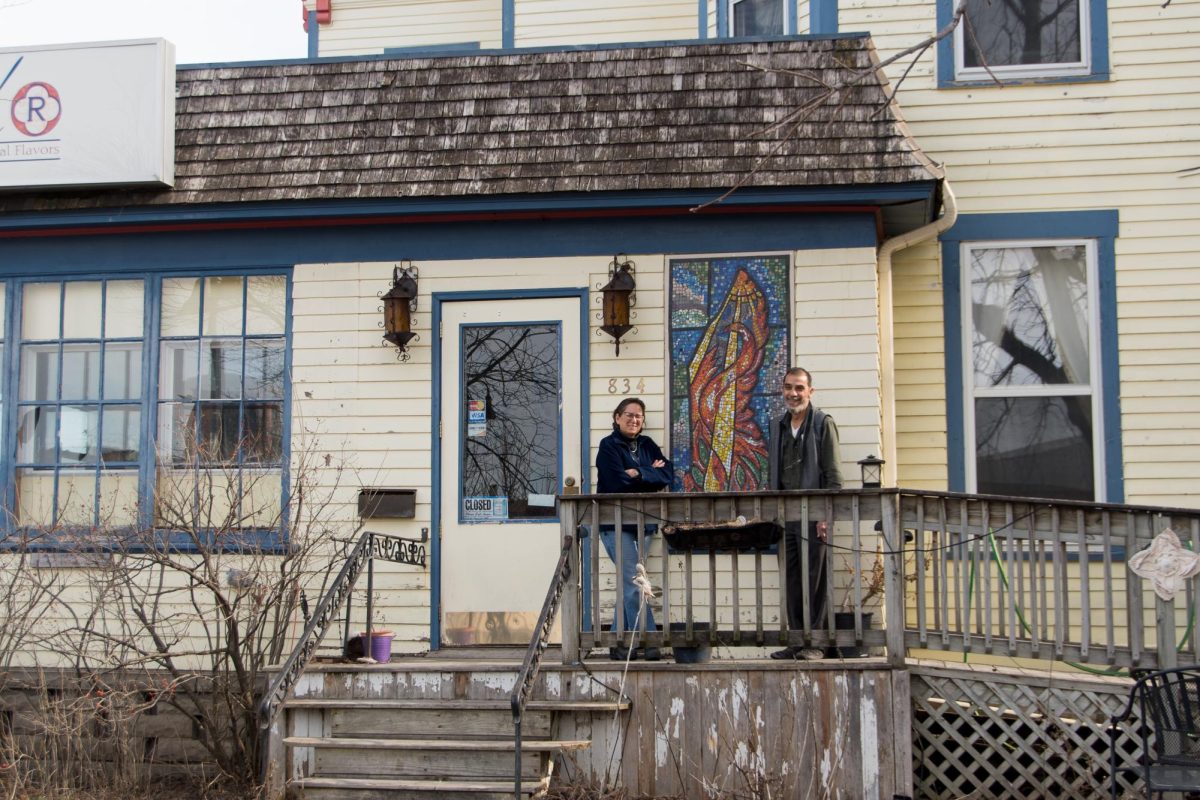Nadiri Saunders
saunders17@grinnell.edu
The first time I heard James Blake live I was eighteen, and I knew nothing. Instead of attending Fetish Harris, I, and five other first years, crammed ourselves into an acquaintance’s stick-shift sedan and made a semi-treacherous journey through the rain to Iowa City.
We entered the Englert Theatre just as Blake began his performance. There weren’t many open seats left, but very soon after I’d overcome the anxiety of navigating a crowded theatre, I was entranced.
I recall later trying to explain the performance to my Dad — I think I told him that it was like entering Dracula’s lair. I was intimidated by how immediately intimate the experience was, but I marveled at how Blake humbly revealed his soul as he hunched over a keyboard and expertly recreated ingenious harmonies on a loop. I knew the dude inside the music would destroy me, yet I took immense pleasure in being absorbed by the sounds.
A few weeks later, I learned that one of my fellow attendees had been unimpressed by the show. I attribute this response to the possibility that his ears and/or soul were not actually open during the performance.
On May 5, 2016, after several years of anticipation, James Blake announced that his new album, “The Colour in Anything,” was available for streaming while I was sitting on the toilet at work. It required an incredible amount of self-control not to plug in my earphones so I could get a taste of this much anticipated gift. “No, Nadiri!” I thought. James Blake deserved my full attention, so I would wait until I was secluded in my room to listen to the album in its entirety.
I could bore you with a somewhat inaccessible explanation of the various styles and genres that Blake integrates into his work (which is really important and expertly executed and totally worth a conversation). Instead, I want to use this space to attempt to describe what Nadiri feels when Nadiri hears James Blake.
In a note on my laptop from around three a.m. (the hour when I decided I was prepared to listen to the album in its entirety), I wrote, “He finds the spaces between sounds and emotion and the words between time.” I am not entirely sure what I was trying to express in this moment of both deliriousness and spiritual cleansing, but somehow, it makes sense. Any review of Blake will note his tone of loneliness or longing in his music, but there is something more complex at play. Yes, there are points of desolation and loneliness. From the depth of these spaces, Blake emerges and provides a conduit for accessing emotions that lay dormant. He has an ability to seduce his listeners by deconstructing sounds and genres then reassembling them with you at the core.
I never know what to anticipate in his songs, but he somehow always manages to supply me with exactly what I need. Although I identify with so much of his music, I know that this intimacy doesn’t come at the expense of Blake being alienated from his own art. Another one of my notes from three a.m. stated “you can hear James Blake hearing James Blake when you hear James Blake”. I think I was trying to express how Blake remains at the center of his project. In listening, we are made privy to Blake’s surprising, #relatable aural landscape.
Experiencing this album is kind of like descending down a never ending well, but in the process you discover the well is your home and James Blake is calling out to you from the bottom. Spaces within you, which were previously uninhabited, are saturated by a sound that is radically honest in its discomfort. I mean, one of his tracks samples Bill Withers! How cool!
Whether you’ve never heard of James Blake, you personally know him or you’re not generally interested in transformative listening experiences, I think his music has the potential to resonate with anyone who can take the time to open their ears/soul because this album is LIT!
Favorite tracks: “Choose Me” and “Noise Above Our Heads.”























